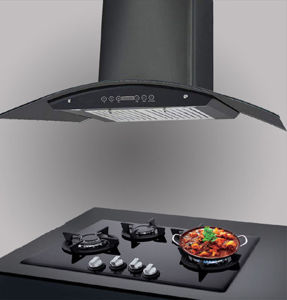N95 masks are constructed with multiple layers of synthetic material, often a polypropylene plastic polymer, and are designed to cover both the mouth and nose. The mask is secured in place with straps that go behind the ears. The "N95" in the name indicates that these masks are capable of filtering out and capturing 95 percent of tiny 0.3 micron particles present in the air.
N95 masks are constructed with multiple layers of synthetic material, often a polypropylene plastic polymer, and are designed to cover both the mouth and nose. The mask is secured in place with straps that go behind the ears. The "N95" in the name indicates that these masks are capable of filtering out and capturing 95 percent of tiny 0.3 micron particles present in the air.
Although the coronavirus itself is about 0.1 microns in size, it is typically attached to larger droplets that are generated during common activities. N95 masks effectively protect against particles as small as 0.3 microns in size.
The effectiveness of N95 masks varies depending on the standard they are designed to meet. When properly fitted, they create a tight seal on the face, offering the highest level of protection against particles, including the COVID-19 virus. Moreover, these masks contain respiratory droplets and particles, reducing the risk of exposing others.
Finding an N95 respirator that fits well is crucial, as not all masks provide the same level of fit and protection. When correctly fitted, N95 masks filter at least 95% of particles present in the air, providing an effective barrier for the wearer.




